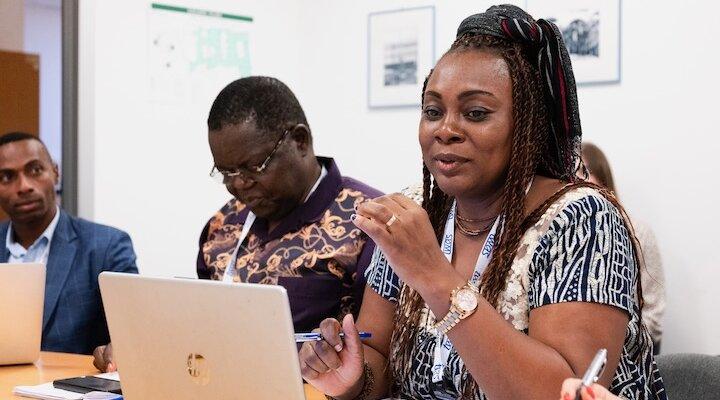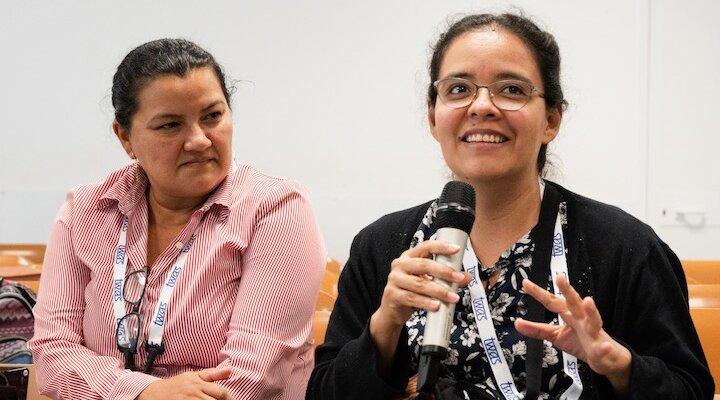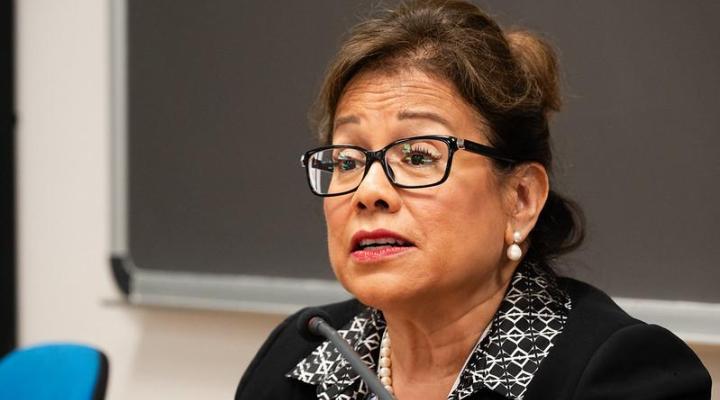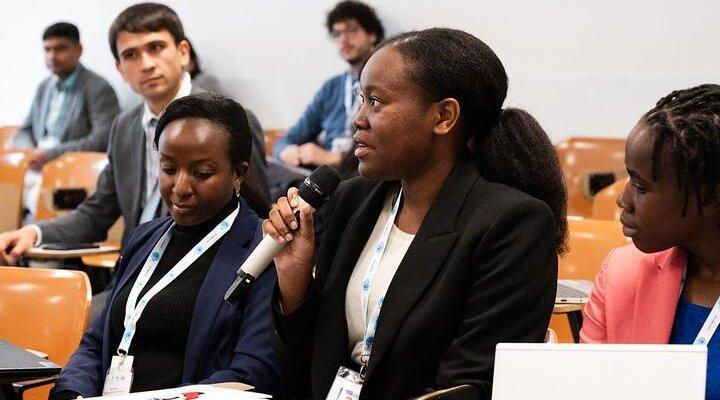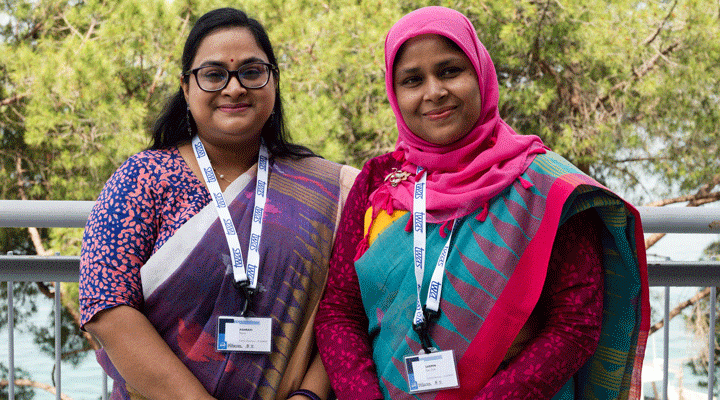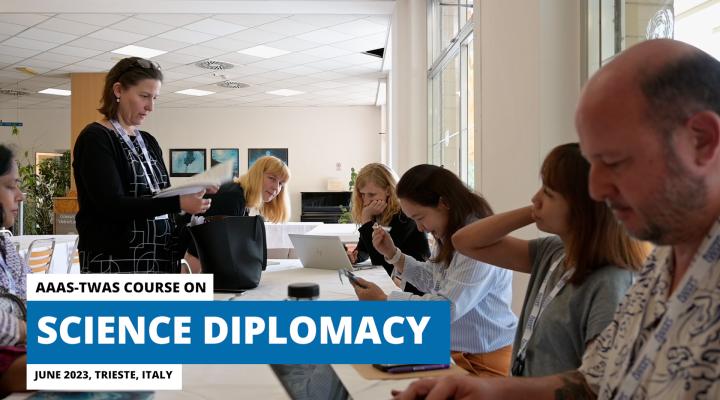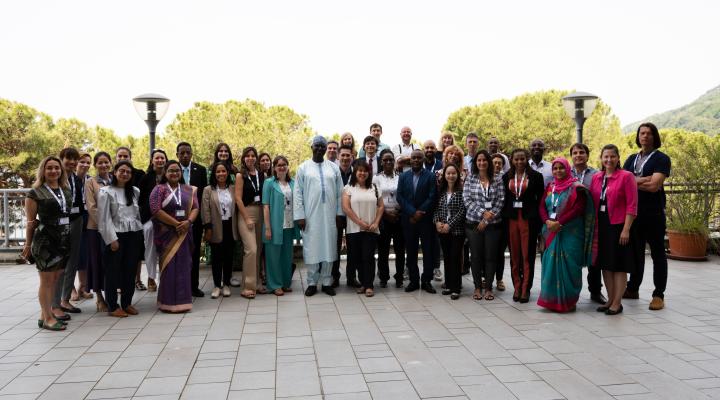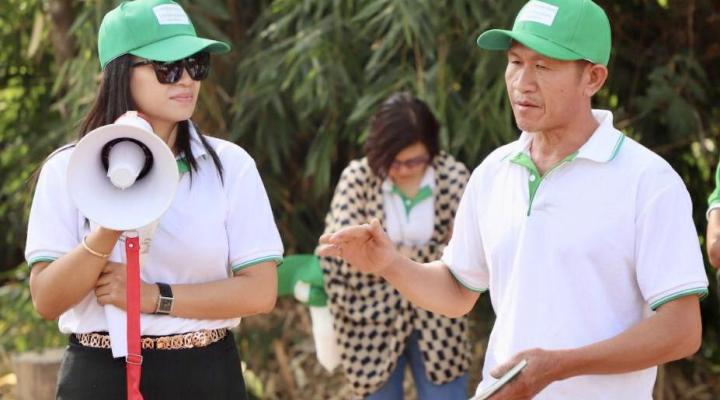Science diplomacy takes many forms: When nations come together to negotiate cooperative agreements on fisheries management or infectious disease monitoring, they need scientific expertise. When scientists come together for complex multi-national projects in astronomy or physics, their nations devise diplomatic agreements on management and financing. And when political relations between two nations are strained or broken, joint research efforts can give them a way to keep talking – and to build trust. Today, the need for science diplomacy is growing. In collaboration with a growing number of partners, including the American Association for the Advancement of Science (AAAS), TWAS's science diplomacy activities include lectures, workshops, courses and prizes aimed at building bridges between the worlds of science and diplomacy.
HIGHLIGHTED NEWS
